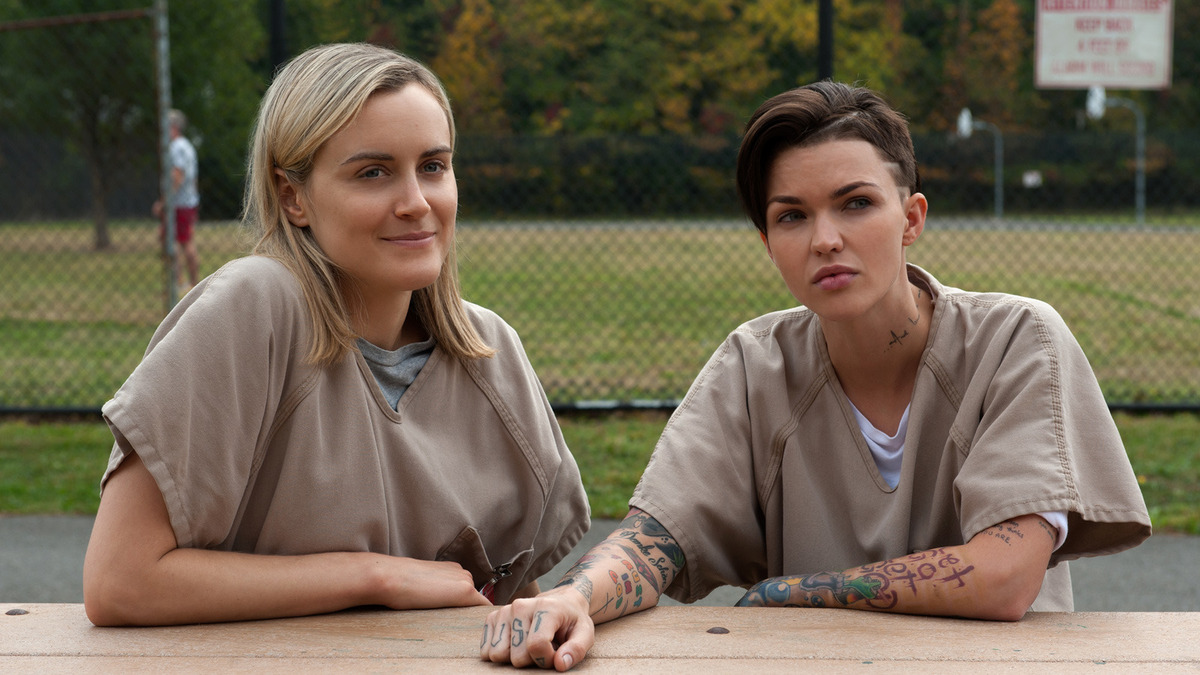The last couple of months have been the televisual equivalent of a zombie apocalypse, with old TV shows and movies rising like a horde and lurching relentlessly towards our living rooms. In September we saw Minority Report and Limitless make the transition to the small screen.
Now clawing at the door with undead hands are a whole host of others in various stages of development: Rush Hour, MacGyver, Lethal Weapon, Ash Vs The Evil Dead, and Haywire to name a few. Not that any one of these can’t be good. It’s just the obvious level of cynicism and laziness required to reanimate these franchises (I think we’re meant to call everything a franchise now, right? Did you all get that memo too?) rather than offer something original that irks.
On the other hand, we’re also in an era where book adaptations, to both the large and small screen, are a major industry. After all, like a TV reboot, a book adaptation is on one level just the process of transferring a story from one medium to another. If we groan at a rumour claiming Terry Gilliam’s Time Bandits is about to become a TV show, are we hypocrites if we don’t do the same for Outlander?
Should we give book adaptations the benefit of the doubt? It’s not clear cut. After all, 50 Shades of Grey was technically a book and look where that got us. It feels like there is no realm of television where cynicism does not cast its icy touch. It’s an industry, and industries are generally run by businessmen who are interested in making money. If the future looks uncertain they’ll play it safe. In TV that means cynically trading on franchises we’ve all heard of have fondness for.
Yet Game of Thrones is multi-Emmy winning and addictive TV and the Knight Rider reboot was so bad it fired nearly the entire cast halfway through its only season. Don’t get me wrong, there’s a fair few book adaptations that will leave us feeling hopeless for the future of mankind, but bad books will often make bad TV. Or a book can sometimes work brilliantly on the page yet somehow cannot translate to the screen. Ultimately though, I don’t groan every time I see that a book is set to become a TV series, and there’s a reason.
Books are, in general, less malleable than movies or TV shows when it comes to conceptualising them for the small screen. Lethal Weapon, a recent example being prepped for a TV reboot, seems specifically selected because it could be moulded to look like what’s doing well for networks like Fox and CBS right now. Calling the show Lethal Weapon is just the candy coating. It’s an attempt to attract fans of the film series to a cop procedural, helping offset the risks of a new show and potentially boosting its early ratings.
In general a book adaptation is not fuelled by the same logic, unless the book is a classic many people are likely to have read. How many people watched Orange is the New Black because they were already fond of the written memoir on which it is based? Justified is based on a short story series about a US Marshall. While they may have been popular, the word doesn’t quite mean the same thing in literature as it does in television.
For its first four seasons. Game of Thrones was diligently adherent to the narrative of its book series. Its divergence in season 5 is largely down to having run out of material to adapt (we’re looking at you, George R. R. Martin. Sort it out). Even if the source material isn’t kept to, a book or series of books will likely have richly built ready-made worlds to draw from. Books can have moments and characters that a TV writer’s’ room under pressure to pump out script after script would never come up with.
Would a writers’ room ever have given us the Red Wedding? House of Cards‘ protagonist is a stone cold bad guy with no truly redeeming qualities. Could that have worked on screen if it hadn’t got a series of books to draw on as inspiration? Or to prove it could work as a narrative? I don’t know the answer to that question, but I’m quite sure the books have contributed to the long-term storytelling quality of the show.
In an age where TV shows can be more serialised, with more complex running storylines, book adaptations can be a real form of interesting television. Books have more time to develop complex characters, which is why adaptations will usually have more meat on them than reboots. This does not mean ‘based on the best-selling book’ is a guarantee of quality, but it does mean you’re more likely to get a decent adaptation rather than a descent reboot. At least on the small screen. Film is its own conversation.
Anyway, that’s why I’m more inclined to go ‘ooooh!’ at a book adaptation than ‘eurgh’. To begin with, anyway. Everything has the potential to awful, kids. You will learn this when you grow up. Or, if you’re in a hurry, just watch Transformers: Revenge of the Fallen and get it over with.
Some of the coverage you find on Cultured Vultures contains affiliate links, which provide us with small commissions based on purchases made from visiting our site. We cover gaming news, movie reviews, wrestling and much more.





